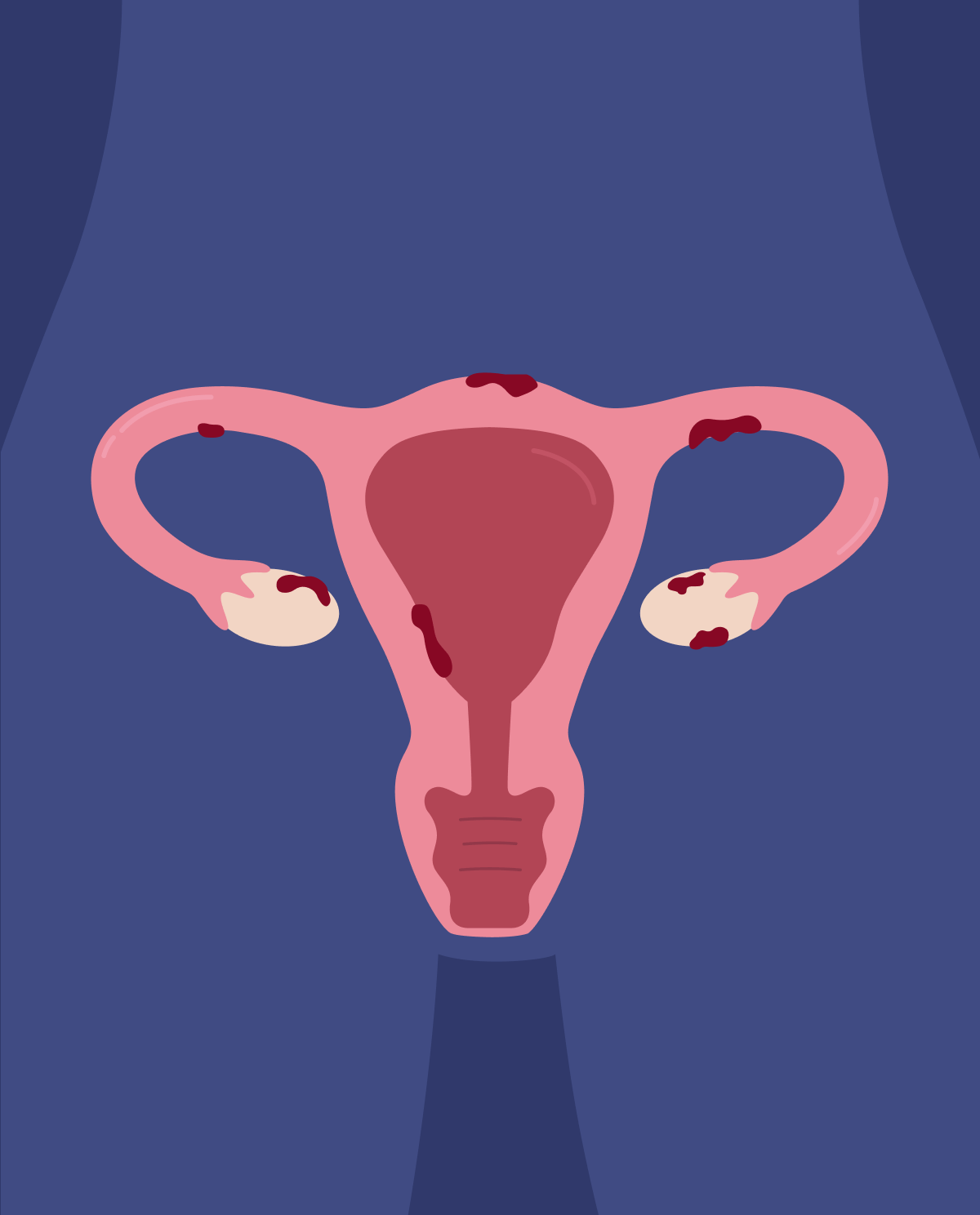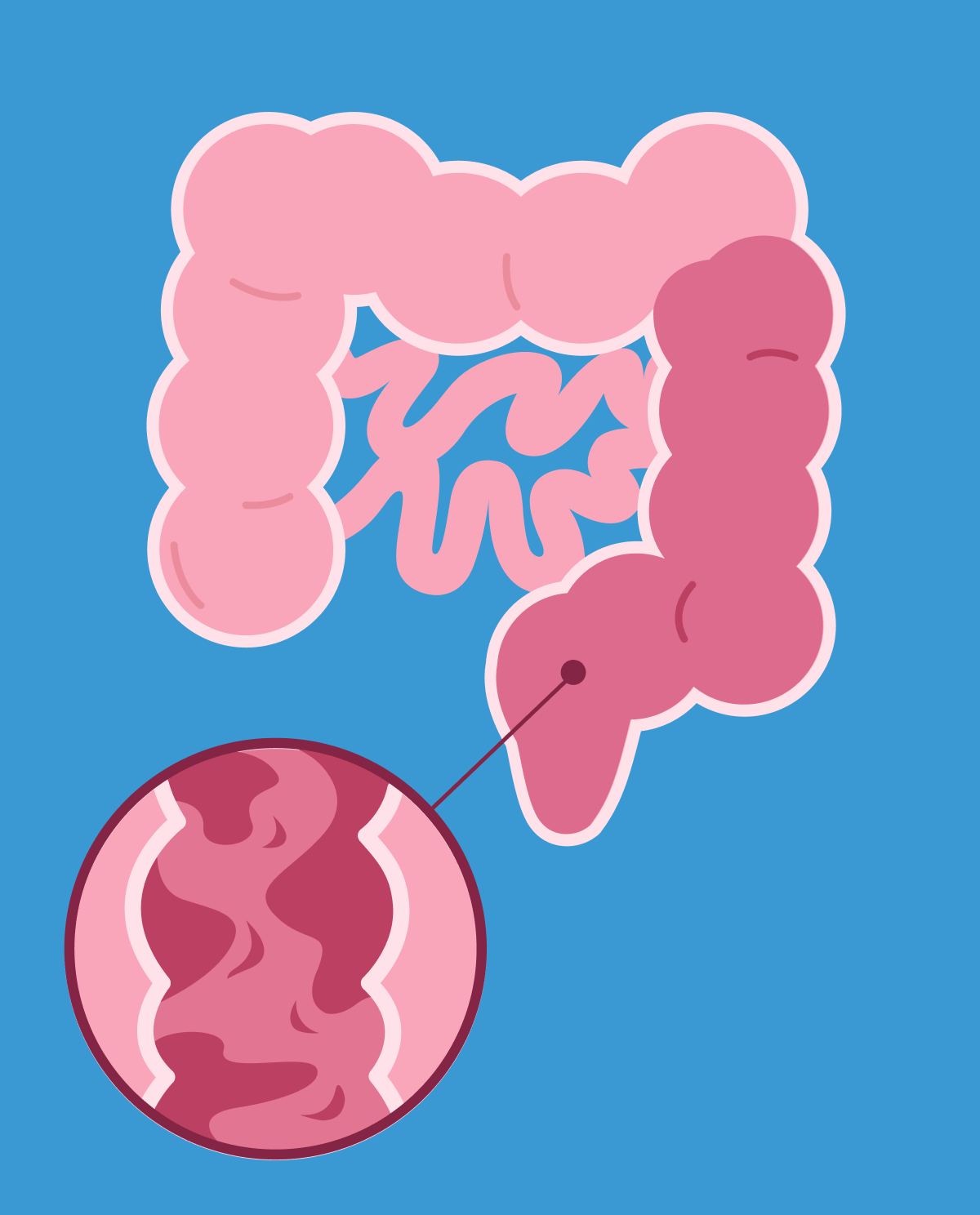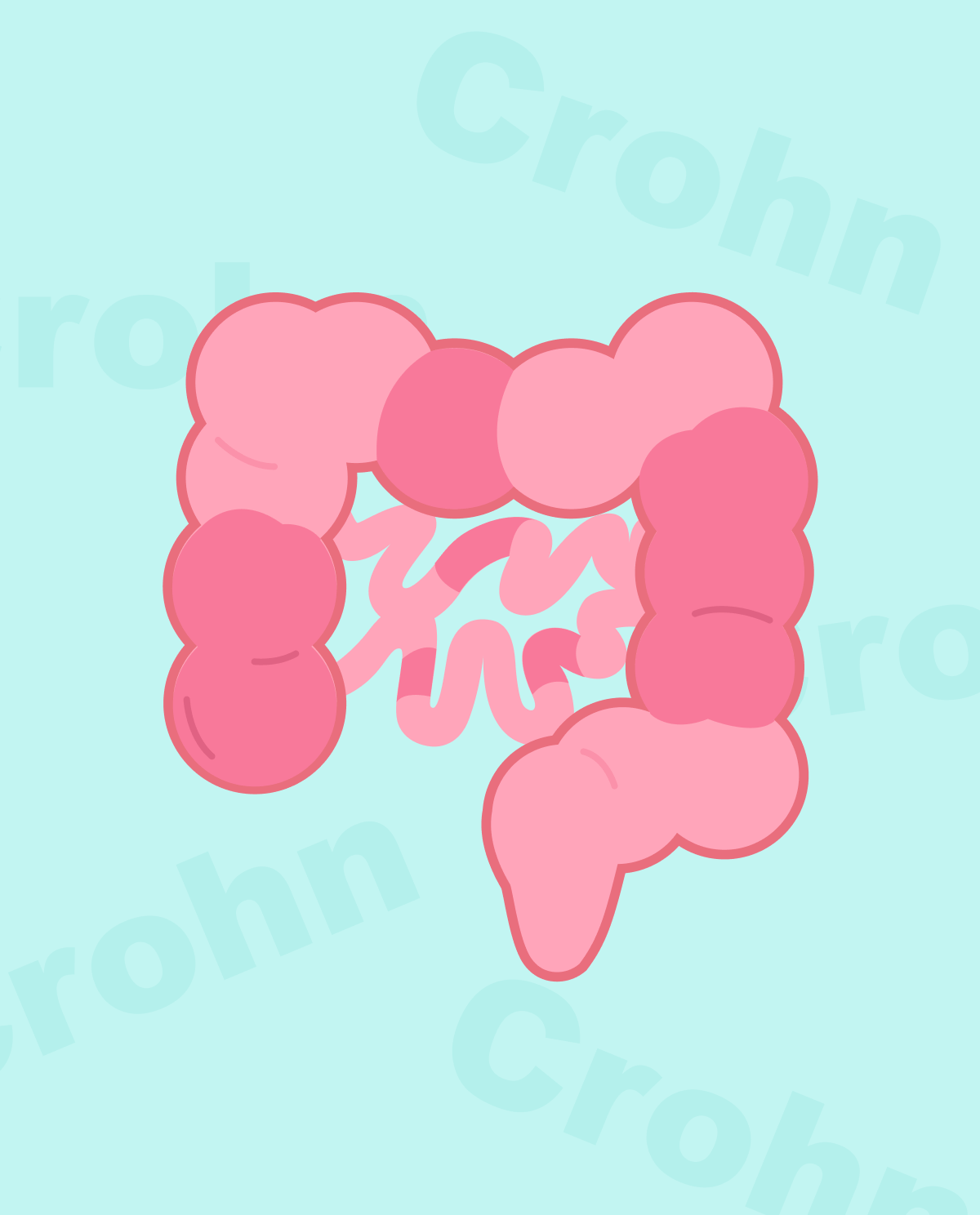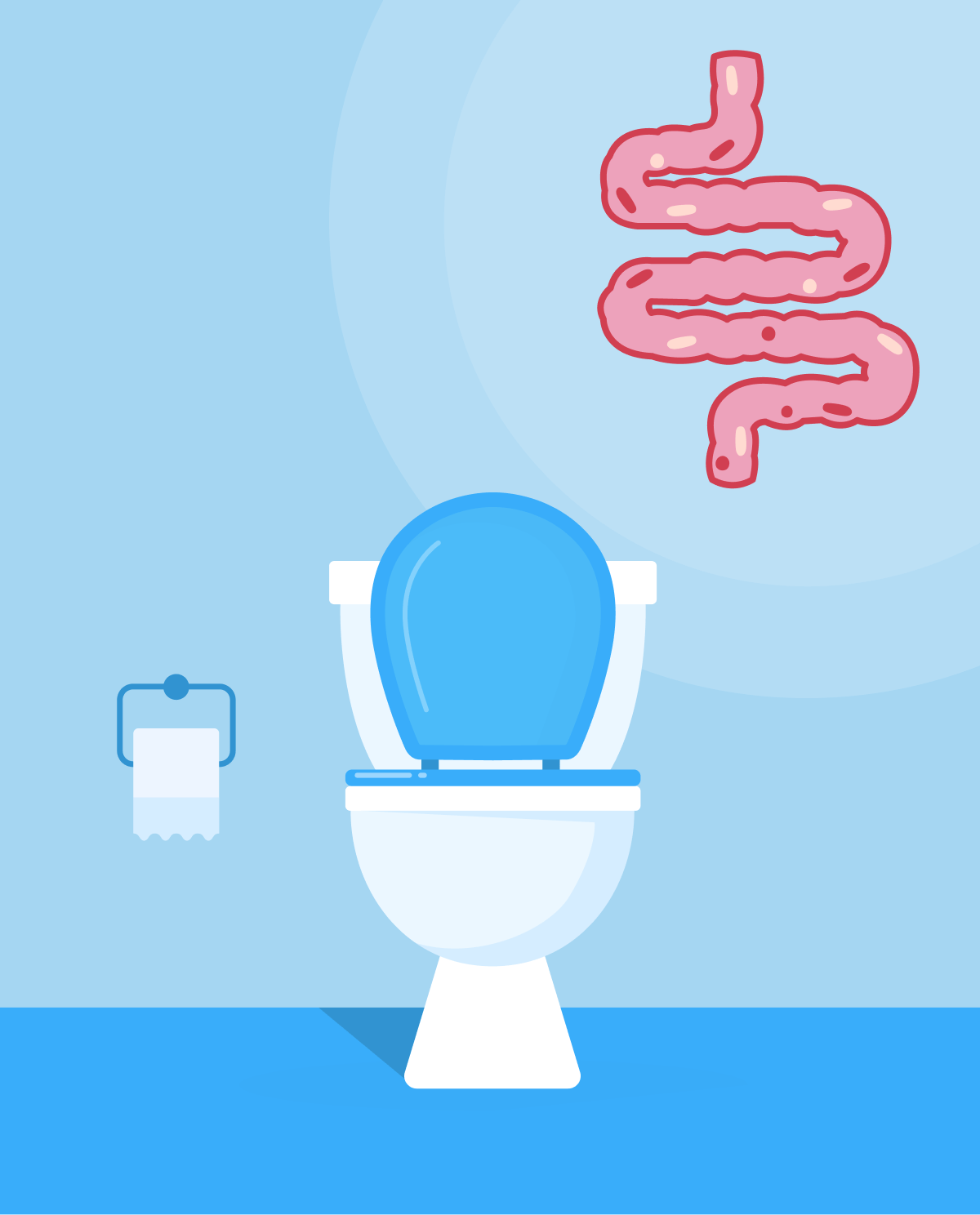Endometriosis: causes, symptoms and treatment
Endometriosis is a disorder presenting with varying pain levels in which tissue similar to that of the uterus grows "outside of its designated area" such as the pelvis lining, ovaries, and fallopian tubes. Endometriosis can rarely be found beyond the pelvic area. It was shown to affect roughly about 10% of the global female population in reproductive age.









